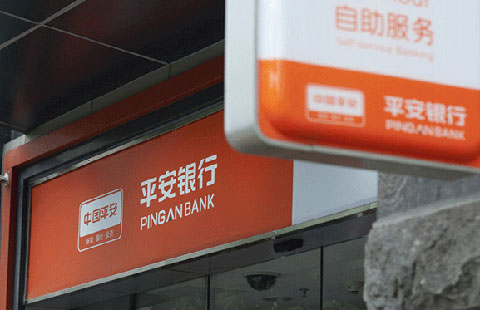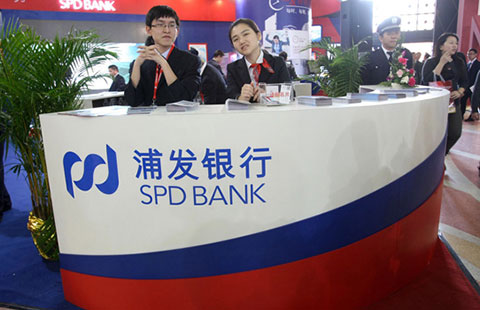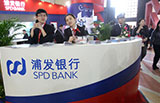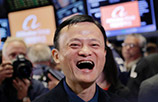Chinese legend is now global player
By Zhu Wenqian (China Daily) Updated: 2015-06-10 09:42Legend recalls that stinky tofu was created by the scholar Wang Zhihe in 1669 during the Qing Dynasty (1644-1911).
After he failed his imperial exam, he stayed in Beijing and made his living by selling tofu. Business was slow.
Then one day, with huge amounts of unsold tofu on his hands, he decided to cut it into small cubes and put them in a jar. Days later, he opened the jar and noticed that the tofu had a distinctive odor after turning a greenish color.
To his surprise, it was remarkably tasty while his neighbors loved the delicious flavor. Stinky tofu was born and so was the name of one of China's oldest family companies, Wang Zhihe.
As centuries rolled by, it became a favorite local product in Beijing as well as the rest of China.
Today, this famous brand of fermented bean curd dominates the domestic and overseas markets. Flavors vary from spicy to low-fat and there is even a rose-tinged product for those with an adventurous palate.
"Due to different eating habits, our main customers of fermented tofu in the overseas markets tend to be Chinese immigrants," Wang Jiahuai, general manager of the Wangzhihe Food Group Co and a distant relative of Wang Zhihe, said. "We hope that more Chinese will be able to drive local consumption and attract foreign consumers."
The success of fermented tofu has allowed the Wangzhihe group to expand into other products such as cooking wine and more fermented pastes.
Last year, the company outperformed many of its rivals and reported global sales revenue of 955 million yuan ($153.7 million), a double-digit jump compared to 2013. In addition, the group started selling its products on e-commerce sites in 2014, with online sales rising by more than 50 percent compared to the previous year.
New domestic brands and state-of-the-art technology at the company have helped fuel growth, while export orders have also increased.
Wangzhihe is now a global player and exports its products around the world, including the United States, Canada, Australia, Japan and Europe. But its main overseas customers are still Chinese and consumers from other Asian countries.
"We plan to boost sales along the Belt and Road (Initiative) markets, and the Southeast and East Asian markets," Wang Jiahuai said.
- Putting the fizz back into domestic soda market
- Tickling the palates of China's hungry middle-class
- China A-shares on track for inclusion in global benchmarks
- Chile a 'natural' draw for affluent Chinese tourists
- 'Prime time' for coal mergers as market stagnates
- Old brands hungry for success
- MSCI delays including China A shares in benchmark index
- Bourses subdued as MSCI decision nears

















